
15 Key Elements Of A Successful Virtual Event Marketing Strategy

Table of Contents
The real estate industry is ripe for social media disruption. In the past few years, we’ve seen a dramatic shift in how people buy and sell homes. The old guard of real estate agents and brokers are being replaced by a new breed of digital-savvy, social media-savvy real estate professionals.
If you’re looking to create a social media campaign strategy for your real estate business, there are a few things you need to keep in mind. In this blog post, we’ll explore how to create a social media campaign strategy for your real estate business that will help you connect with your target audience, generate leads, and close more deals.
-
The Positives of Planning a Virtual Event

Connect with the social world
- Reach More People With Fewer Expenses
- Content Marketing And SEO
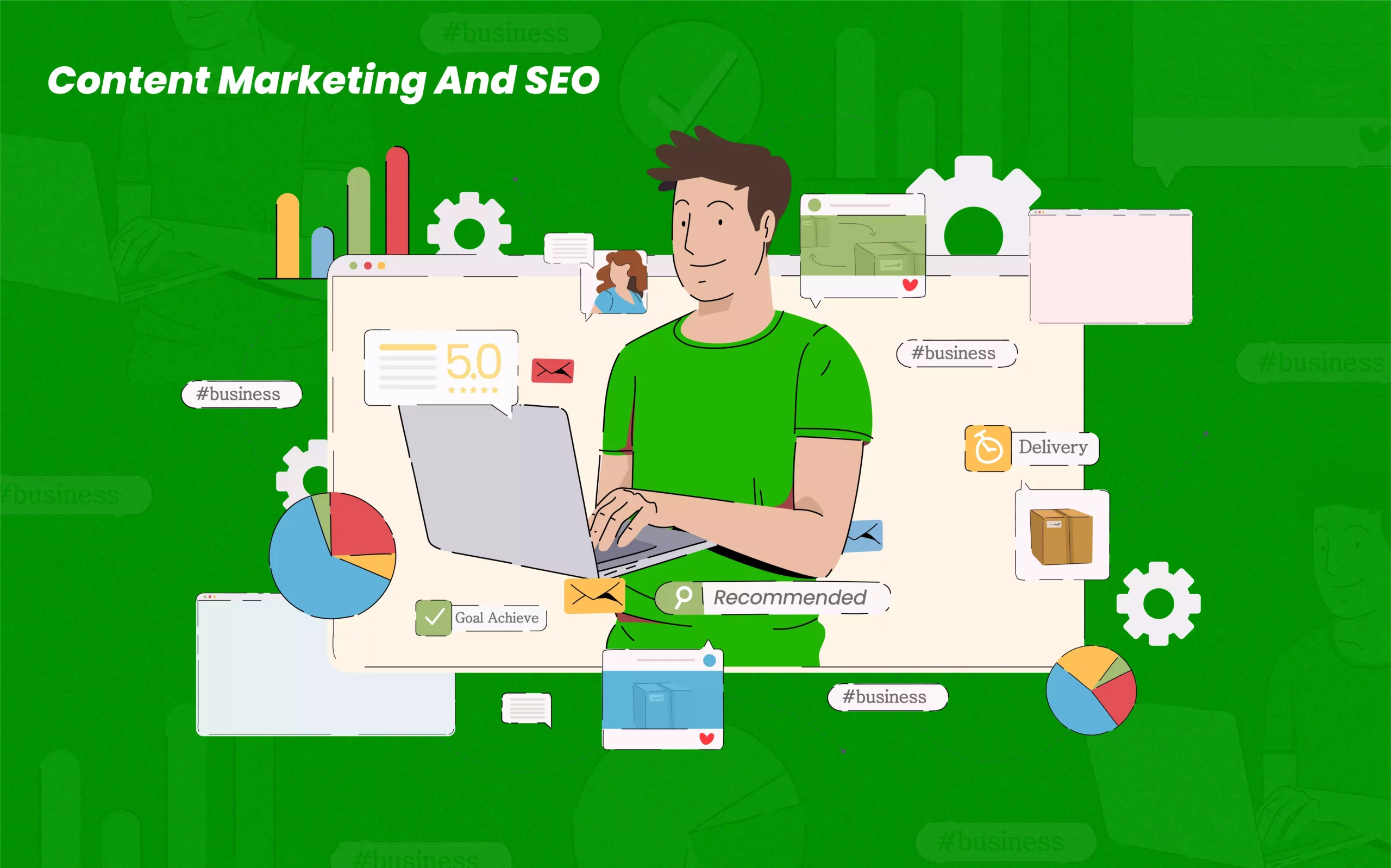
- Present A Concrete Goal
A virtual event marketing strategy is one of the most effective ways to reach your customers. It’s a great way to promote your brand, but it doesn’t have to be hard work.
If you’re looking to get started with virtual event marketing, it’s important that you first set realistic goals and expectations. That’s why I’m going to present a concrete goal for successful virtual event marketing strategies.
First, we need to define what success means for our business. For me, success means reaching new customers and creating long-lasting relationships with them.
Second, we need to define what success means for our business in terms of revenue growth and profits. For me, success means being able to increase our sales and profits by 100% or more every year for the foreseeable future.
Third, we need to define what success means for our business in terms of customer satisfaction (CU) rates. For me, success means getting an overall CU rating of 5 stars or higher out of 5 stars possible stars in all categories including price, quality and delivery time.
New social world is waiting
- Social Media Marketing

As the world increasingly moves online, so too do events. Virtual events are becoming more popular as they offer a convenient and cost-effective way to connect with an audience. But how do you market a virtual event? Social media is a powerful tool that can be used to promote virtual events. By using platforms like SocioMee you can reach a large number of people and generate interest in your event.
Here are some tips for using social media to market your virtual event:
- Create a dedicated hashtag for your event and encourage attendees to use it when posting about the event on social media. This will help to create a sense of community and build excitement around the event.
- Share engaging content about the event on your social media channels. This could include videos, blog posts, or infographics.
- Blog About It
Here are a few tips to help you get started:
- Write compelling content that will pique people’s interest
- Be sure to include all the important details about your event
- Promote your blog post on social media and other channels
- Use rich keywords for the best results and strategize it accordingly.
- Event Registration Page
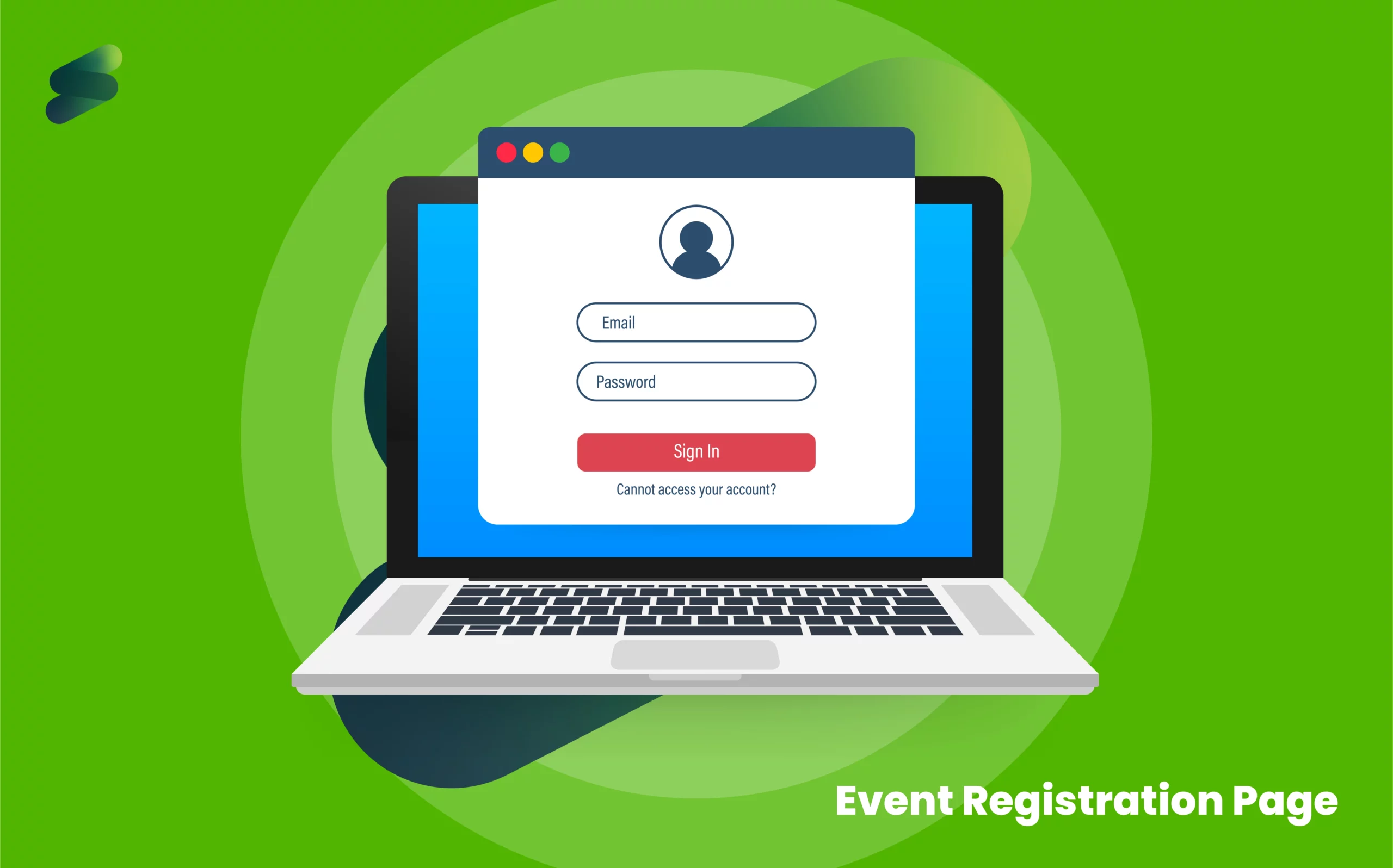
Here are a few tips to create a successful registration page for your virtual event:
- Keep it simple – Don’t make your registration page too complicated. Include only the essential information that potential attendees will need to know.
- Make it visually appealing – Use images and other visuals to make your registration page more engaging.
- Use a clear call-to-action – Make it easy for potential attendees to find and click the registration button.
- Offer incentives – Give potential attendees a reason to register for your event. Offer discounts, freebies.
- Countdowns And Reminders
The countdown to your virtual event starts as soon as you decide to organize one. The first step is to identify the target audience, which is what your guests are going to be looking at on their phones. Countdowns help them keep track of the time left until the event, so they can set their alarms, or even better — get up early in the morning.
Reminders are the best way to make sure that all attendees are aware of your event and ready for it. They will remind them about it every day for a couple of weeks before the actual event starts, giving them enough time to prepare themselves mentally and physically for it.
- Email Marketing Campaigns
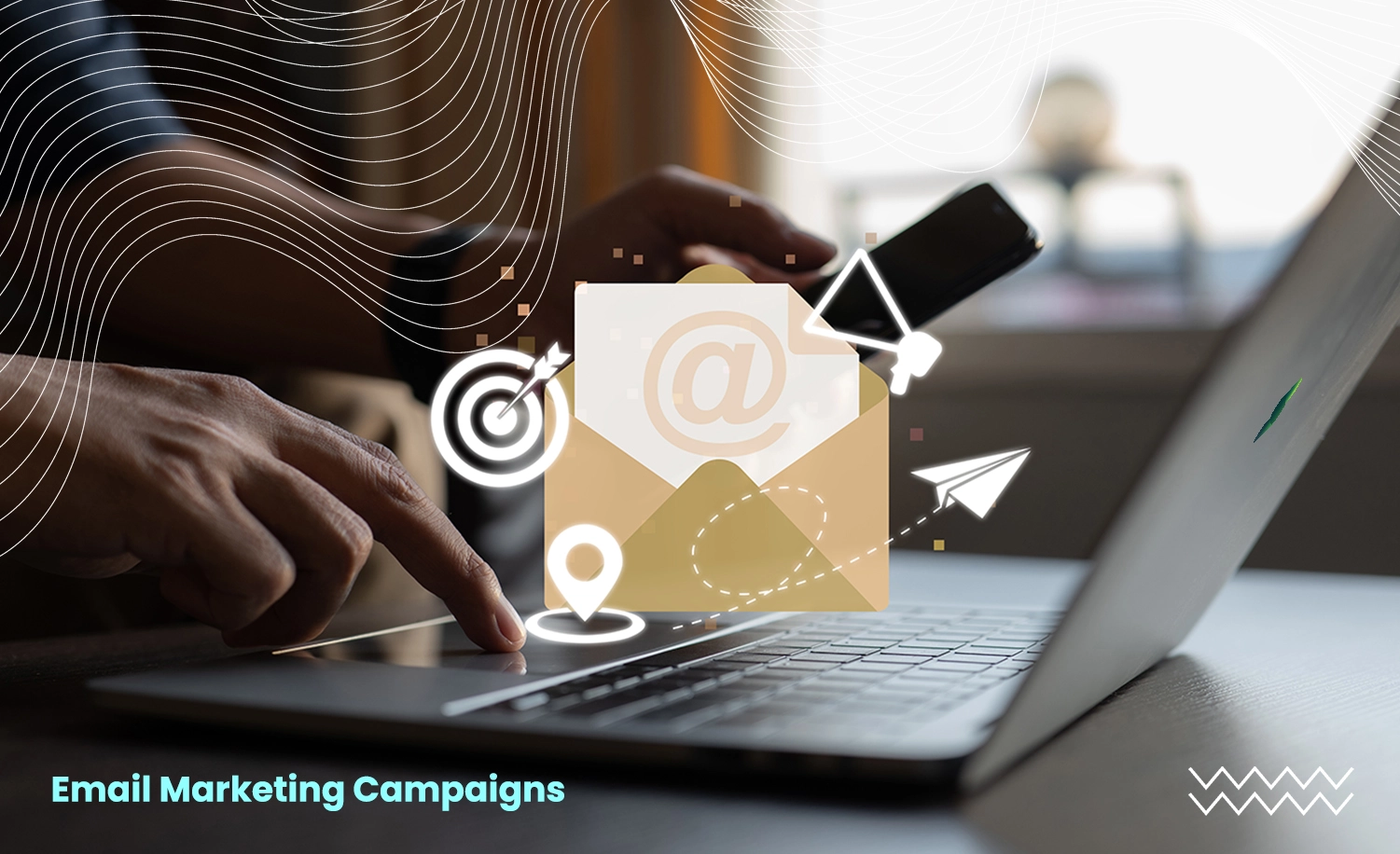
Here are some tips for setting up an email marketing campaign for your virtual event:
- Select a template that’s appropriate for your audience based on their interests and what you want to communicate.
- Create subject lines that are relevant to the event or topic of the message, but not so generic that they’re irrelevant to the recipient’s needs or interests.
- Include a call-to-action in each email message that encourages recipients to take action by clicking through to a particular page on your website or by opening an email attachment that contains valuable information or offers a discount code that can be used at checkout.
- Live Chats And Q&A Sessions
In the past, experts have tried to build their brands by having their customers ask questions in live chat sessions. But with this new technology, there is a much better way for you to engage with your customers. With a virtual event marketing strategy, you can reach out to your customers and answer their questions directly from your website. This is especially helpful if you are looking to get feedback from your clients or potential customers about what they think about your product or service.
You can also use live chats and Q&A sessions as a way to engage with people who are not yet interested in becoming customers. These conversations can be used as a way for them to hear about what it’s like working with your company so that they’ll be more likely to become a customer down the road.
- Waiting Room Ads
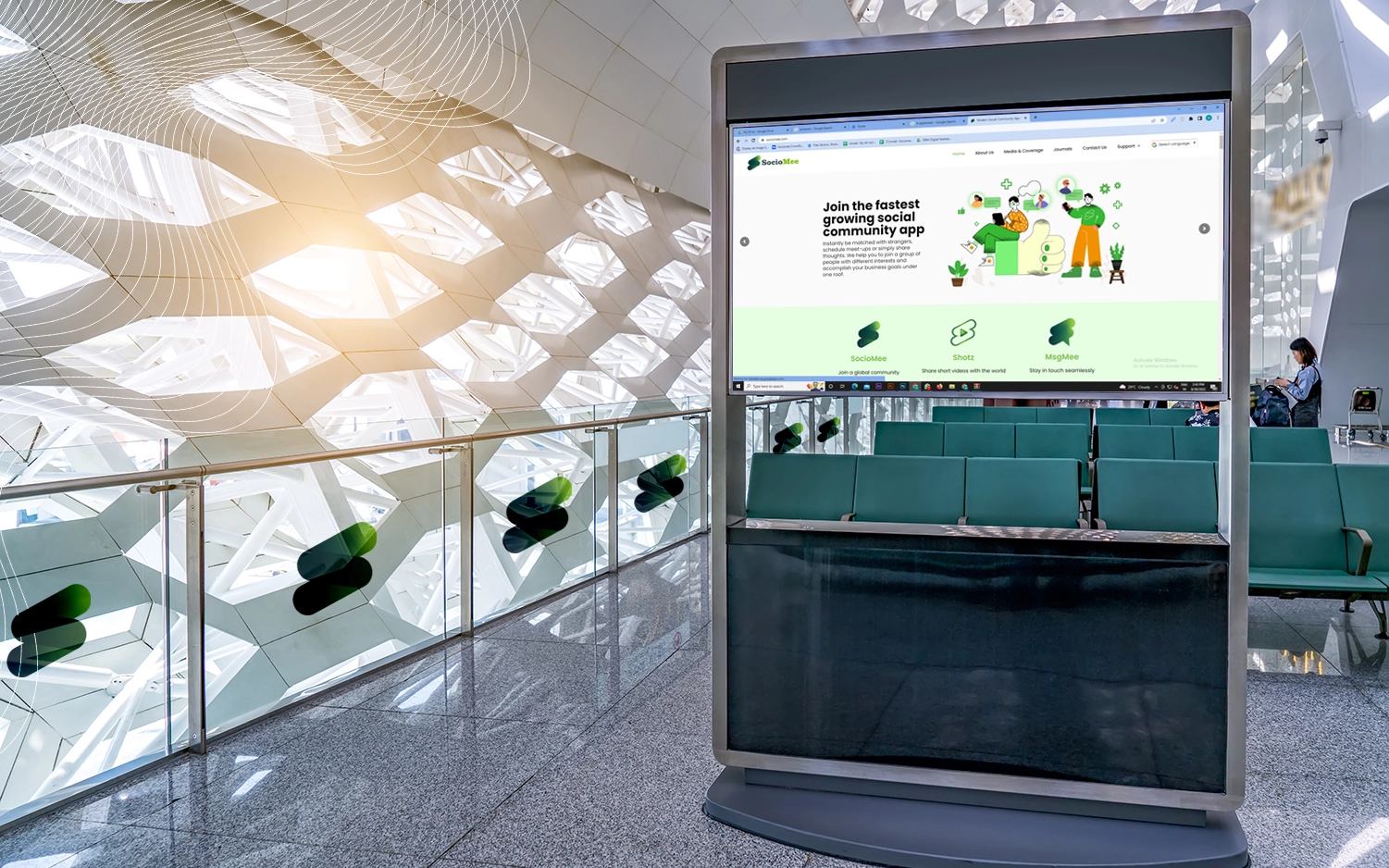
Waiting room ads are a great way to drive traffic to your event website. The best part of waiting room ads is that they’re very inexpensive and easy to implement. There are two types of waiting room ads: video and text. Video waiting room ads can be used for all types of events, but text waiting room ads work best for conferences and trade shows.
- Video Waiting Room Ads: Video waiting room ads are one of the most effective online marketing strategies for events. They provide a high-quality user experience for visitors who want to learn more about your event or product, but don’t have time at that moment to visit your website directly. You can use video in various formats like video walls, infographics and animated GIFs to create engaging content that will help you reach new customers.
- Post-Event Feedback Forms and Surveys
- Have a strong CTA (Call-To-Action)

- Measuring Your Event Success
Marketing Strategy
Attendee count
Conference registration
Participation rate
Conference attendance rate
- Have a follow-up plan

Successful virtual event marketing strategy is a must for any business. It is important to have a follow-up plan for successful virtual event marketing strategy, especially if you are new to the concept of virtual events.
When planning a virtual event marketing strategy, it is important to consider the following:
- Who will be involved in the marketing team? What roles will they play?
- What type of content will be used for social media posts? How will it be structured?
- What is your budget for this event? Are you willing to spend more or less than what you planned on?
- Where do you want to hold your event? What type of venue will work best for your audience and brand identity?
Table of Contents
Join the community


Rising Stars: Unveiling the Next Gen Social Community Set to Redefine Connections

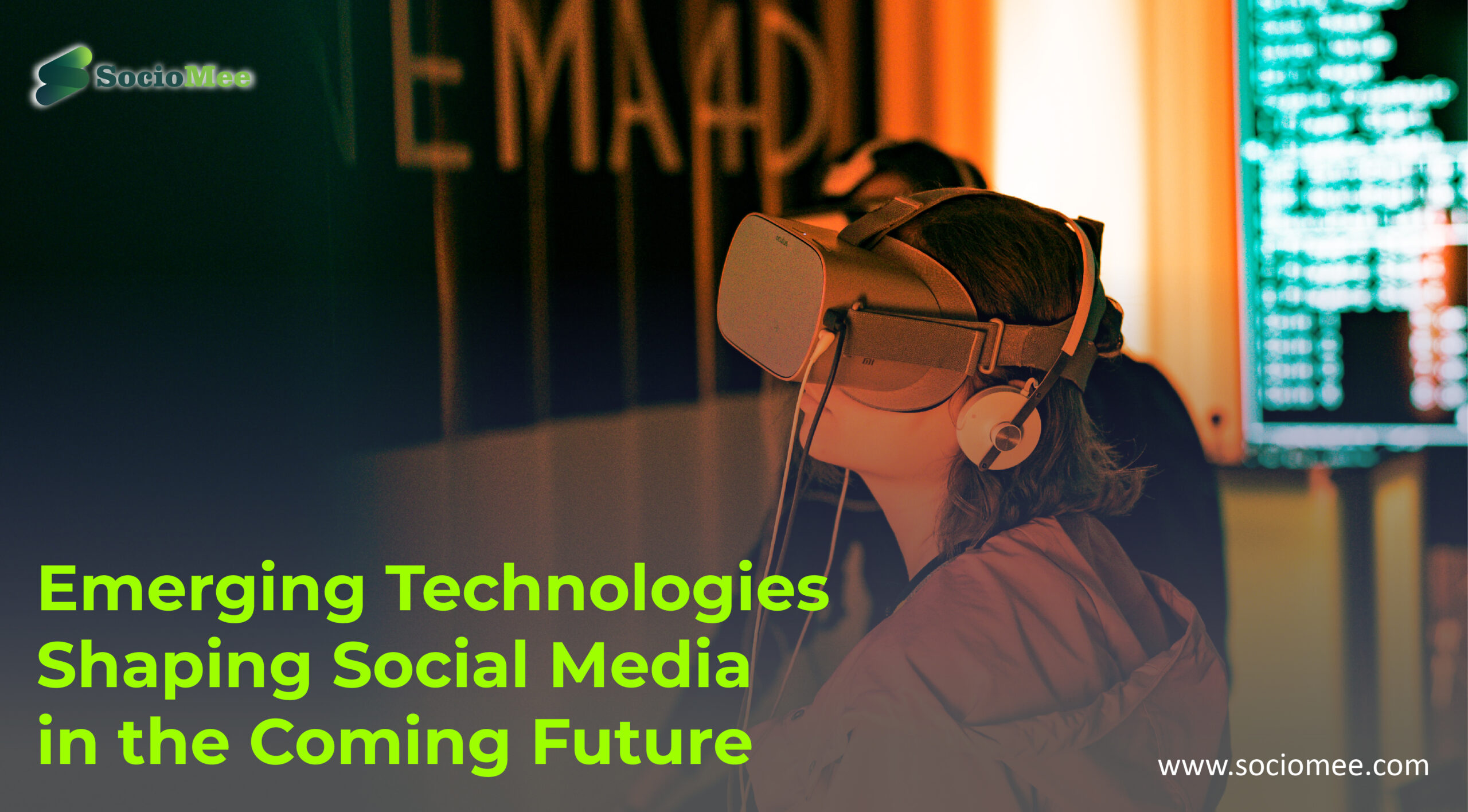
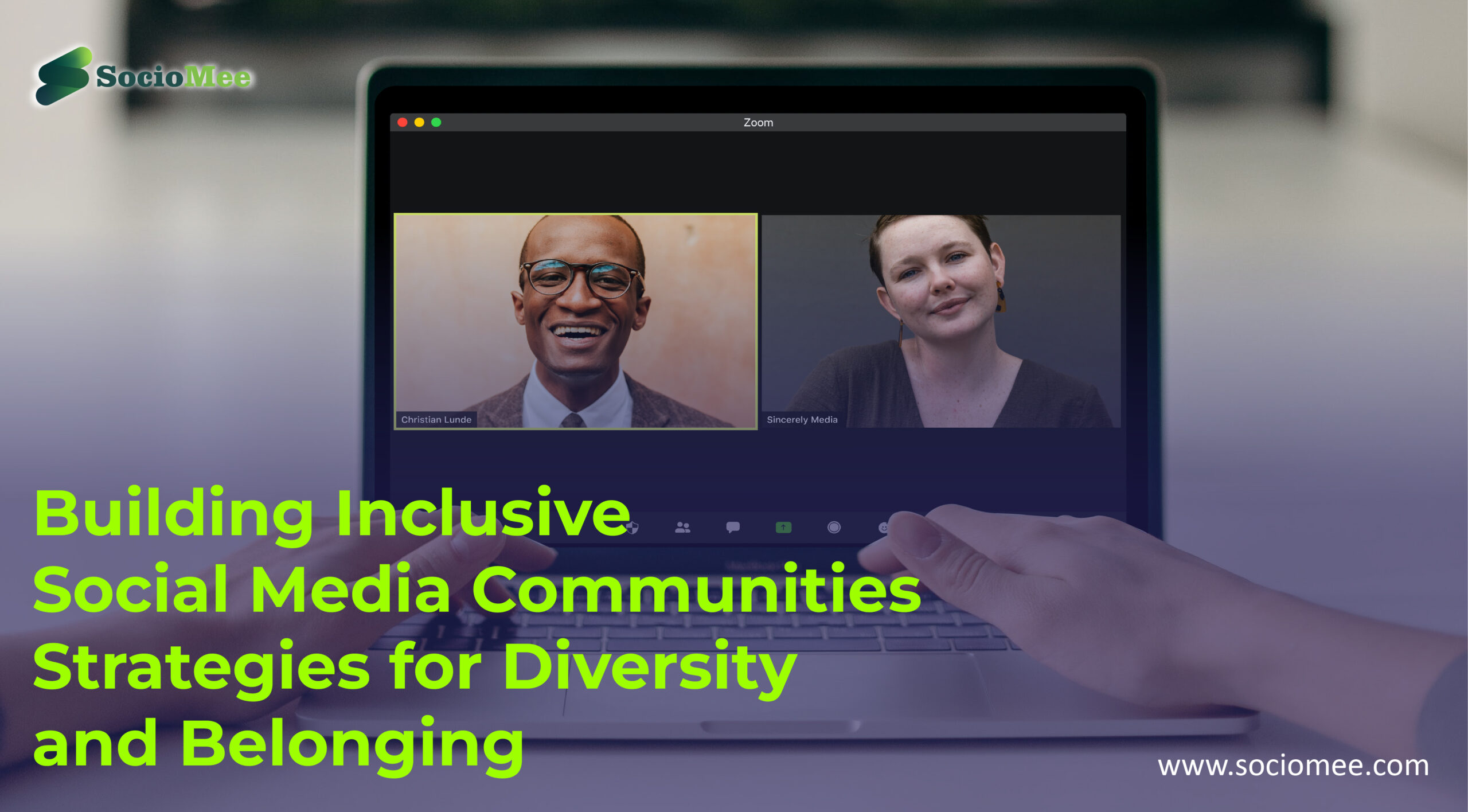
Building Inclusive Social Media Communities: Strategies for Diversity and Belonging
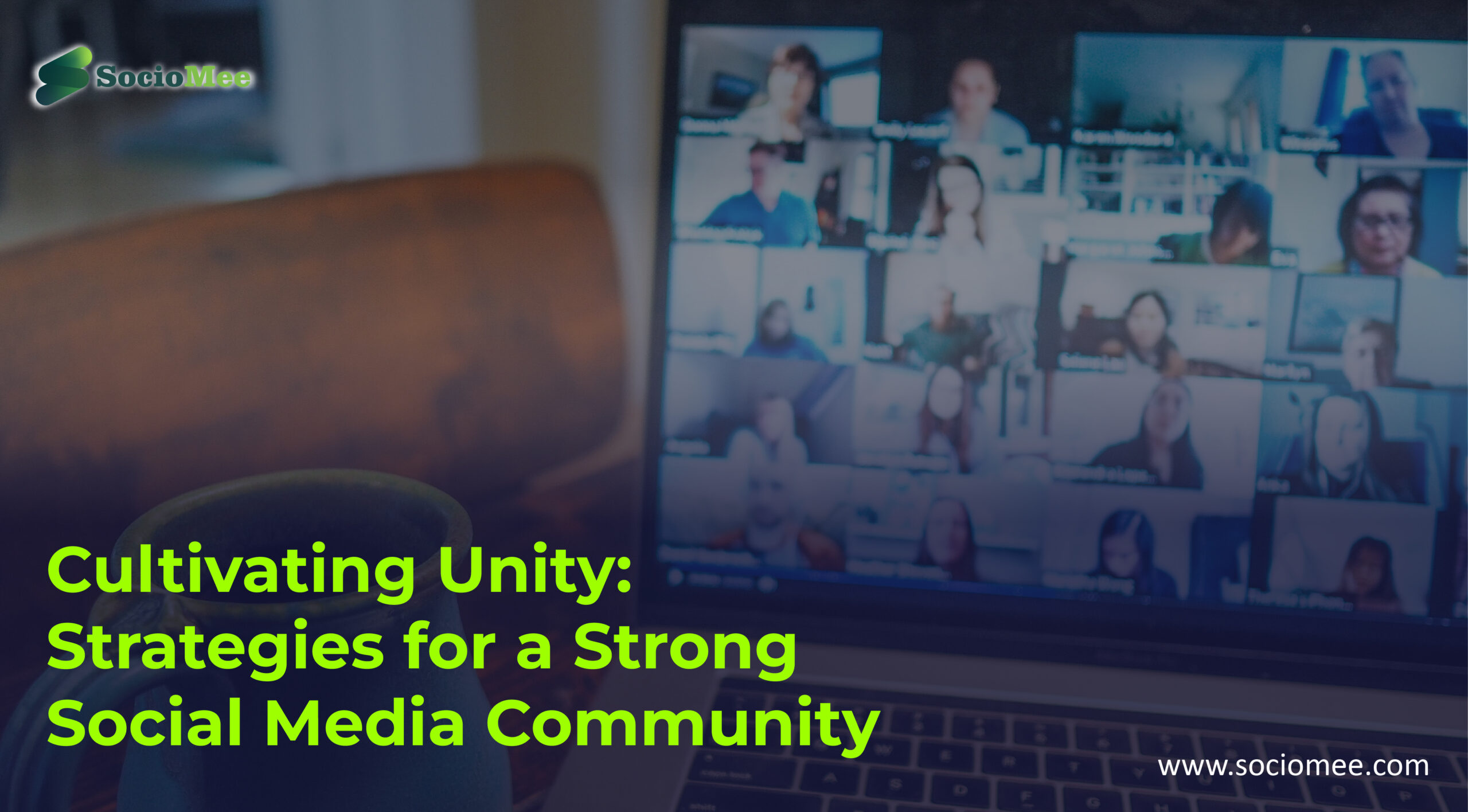
Get $100
*(lifetime validity)
Sign up and get a perk in your SocioMee wallet to spend on the Ads promotion







